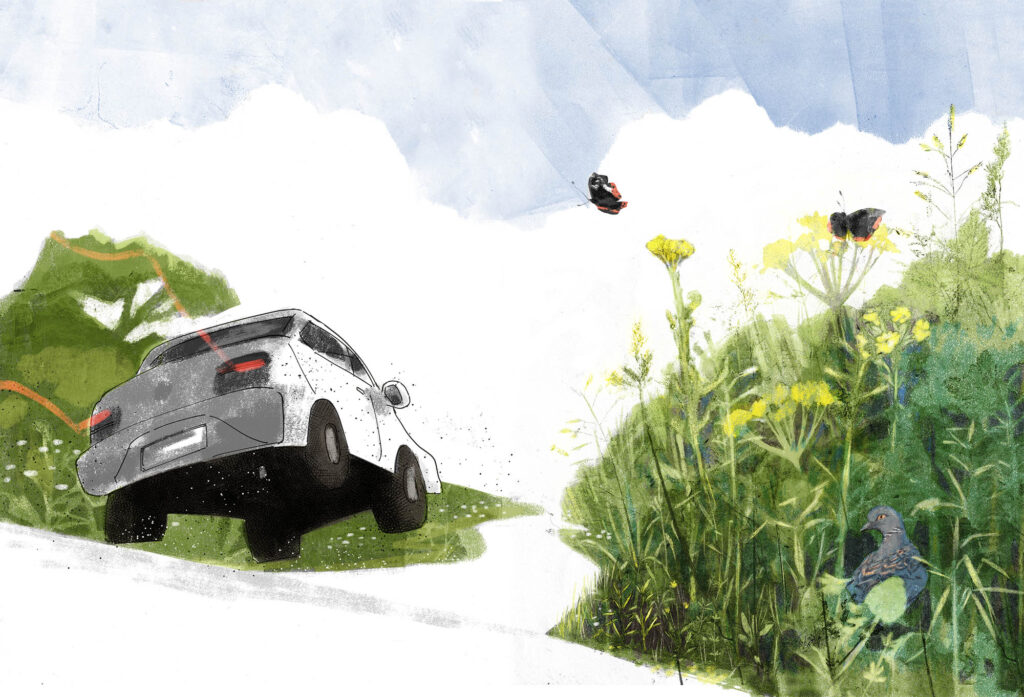One of the most elusive concepts with which policymakers have to contend is the idea of narratives. What are narratives? How do they affect the way we work? And how do they affect the way decisions are made? Elusive they may be, but as banners with which to promote projects they are extremely influential. Indeed, narratives dominate the environmental agenda. The greatest environment and development narrative of them all, that of ‘sustainable development’, is carte blanche for the allocation of USD 5.89 billion of World Bank funds, dispersed between 106 ongoing projects.
But what is a narrative exactly? To give an example of what narratives can do, Emery Roe has published some extremely interesting work on the subject, most of it pertaining to the idea of ‘Except- Africa’. ‘Except-Africa’ is a crisis narrative which through various policy documents, newspaper reports and other media channels assails us with the constant idea that nothing is ever going to work, or even get better in the whole continent to which it refers. What then results, is that subject to the constant battering of this collage of fact, semi-fact and spin, policymakers begin to adjust strategy, expectation levels and even areas targeted for funding on the basis of what seems an irrefutable ‘truth’.
What is of great interest to many people in conservation is how these narratives come about in the first place, what makes them stick and what consequences can occur as a result of their propagation. To answer the first two questions, an unlikely source presents itself with some interesting ideas. Aristotle was a Greek philosopher who was also interested in how stories worked at a basic level. He analysed poetry and plays to produce a list of components which he felt all stories needed in order to function properly and hook the audience. He listed these factors as: a believable plot which recreates the world; the experience of catharsis (empathising with the characters through pity or fear), the need to feel as though you are learning something from the text and most importantly what can be described as ‘emplotted characterisation’ – the author guiding the reader to side with certain characters over others.
What is interesting is that when you analyse successful (widely known) environmental narratives they tend to have the full set of these components. ‘Except-Africa’ for example has a solid believable plot. It is one of the steady irreversible decline of a once rich land. It is also a frightening story, one with which we can empathise. Indeed, even a cursory glance at any news outlet concerning Africa is sure to contain stories of piracy, fires, AIDS, fixed elections, war amputees, plane crashes… And the lack of development and the unbridled environmental destruction is a particularly keen appeal to our fears. Also when listening to these stories we feel as though we are learning something, that we are being informed, but what is difficult for policymakers is the idea of emplotted characterisation – who is the story encouraging you to side with? The ‘white’ hunter? The ‘black’ poacher? The ‘savvy’ NGO worker? The seemingly ‘ignorant’ pastoralists? At the end of the day, the consequences of action depend on how the stories are phrased and delivered.
Narratives will always be part of how we lead our lives. It is impossible to produce or react to information without taking part in them at some level. So the question becomes, what can be done instead of signing up to narratives like ‘Except-Africa’ which result in conservation projects like Mkomazi Game Reserve in Tanzania that result in the expulsion of thousands of people from their homes? As Emery Roe suggests, new counter-narratives have to be created which can provide policy direction for strategists who disagree with for example, fortress conservation projects. These narratives however, must be created in a certain way if they are to stick, i.e., to be propagated and influence conservation thinking. But importantly, how successfully they stick may well depend on ideas over 2000 years old, but still relevant today.
Originally published as:
Flynn, A. 2008. The mechanics of legitimation: An Aristotelian perspective on environmental narratives. Conservation & Society 6(4): 308-319.
Alex Flynn (alex.flynn@manchester.ac.uk) is at the Department of Social Anthropology, University of Manchester, Manchester, UK.





